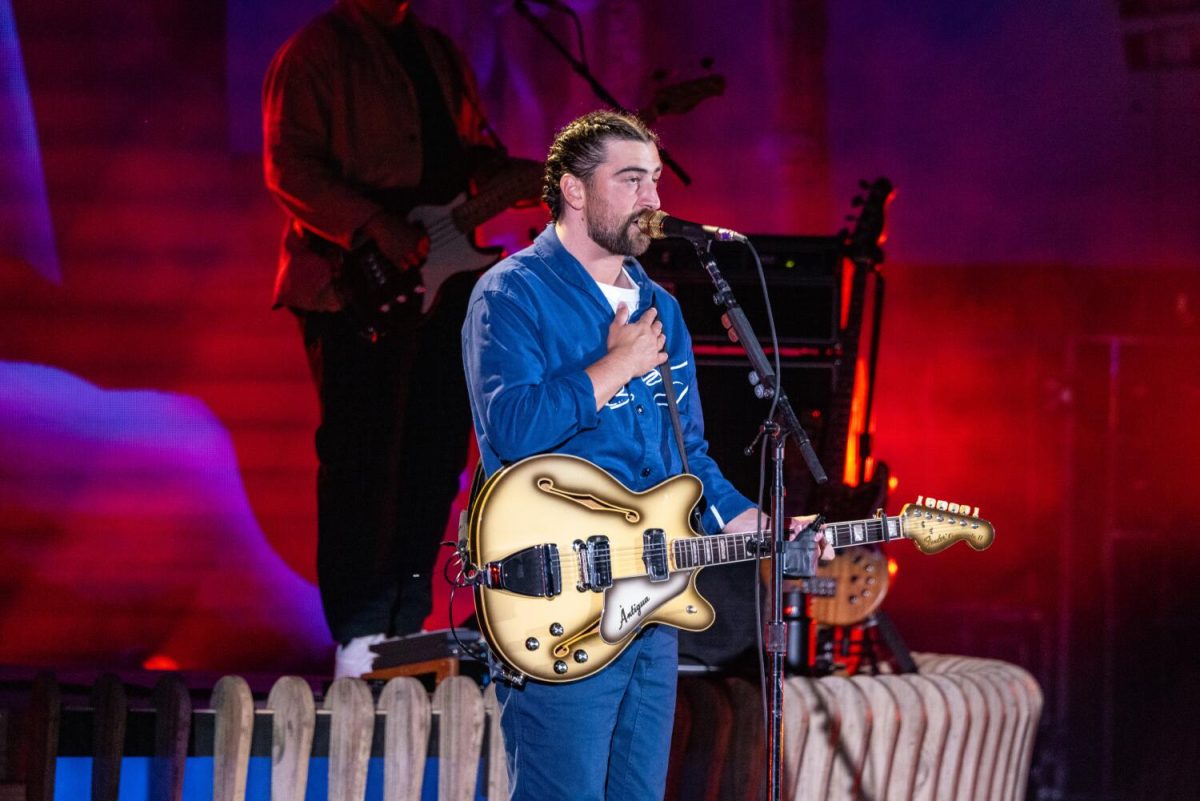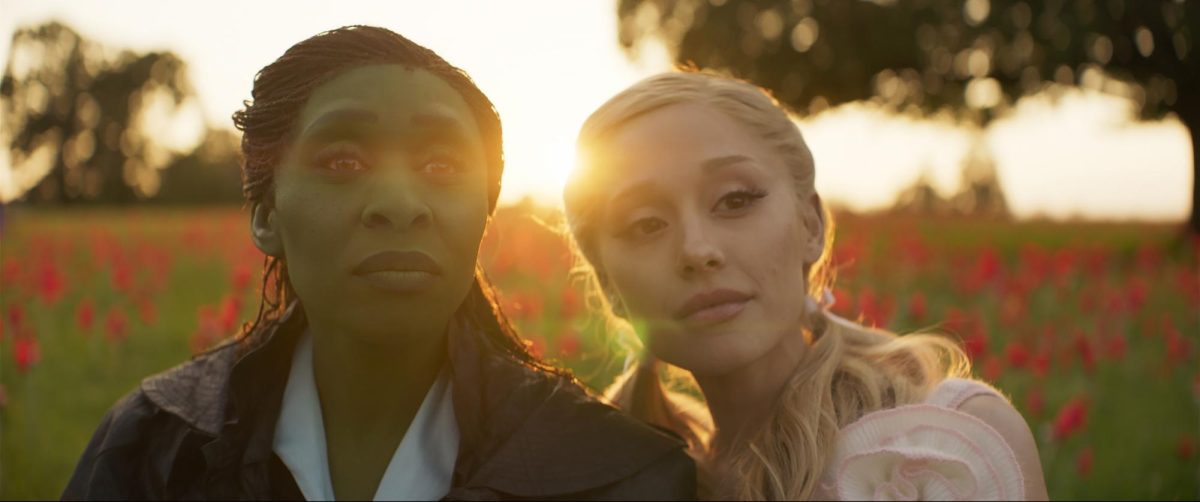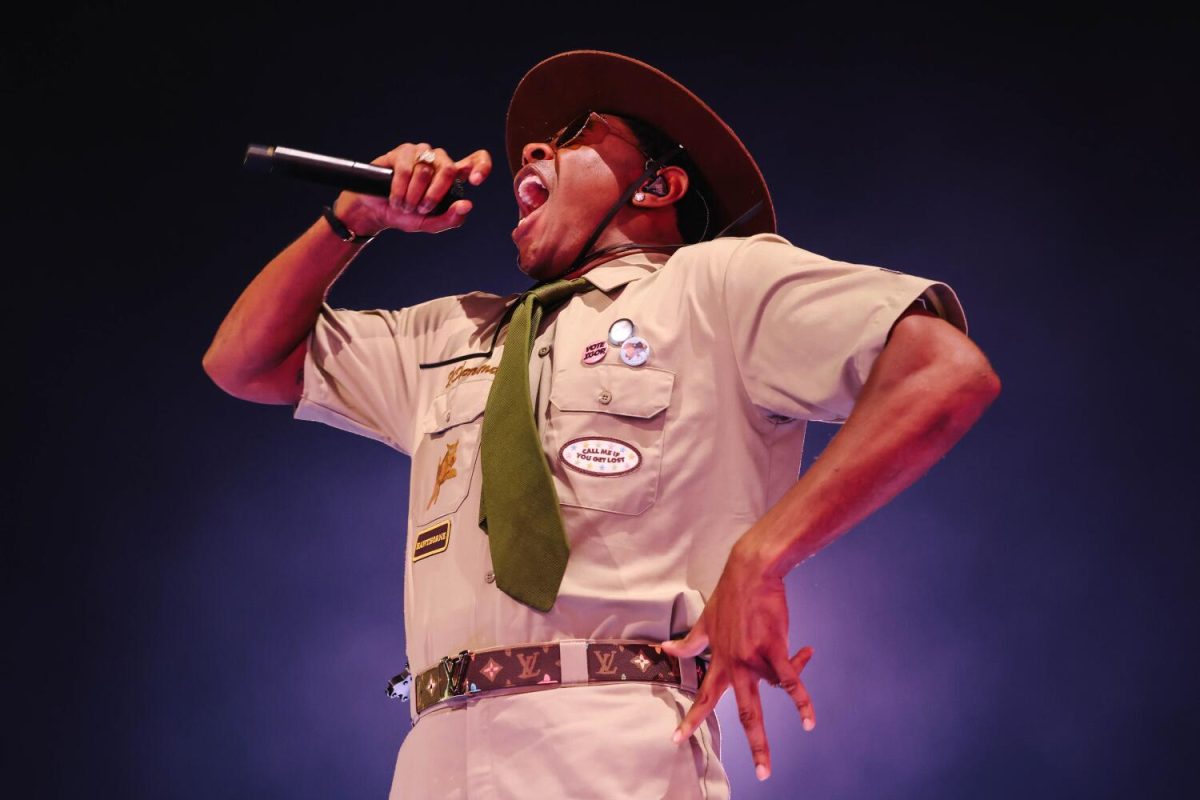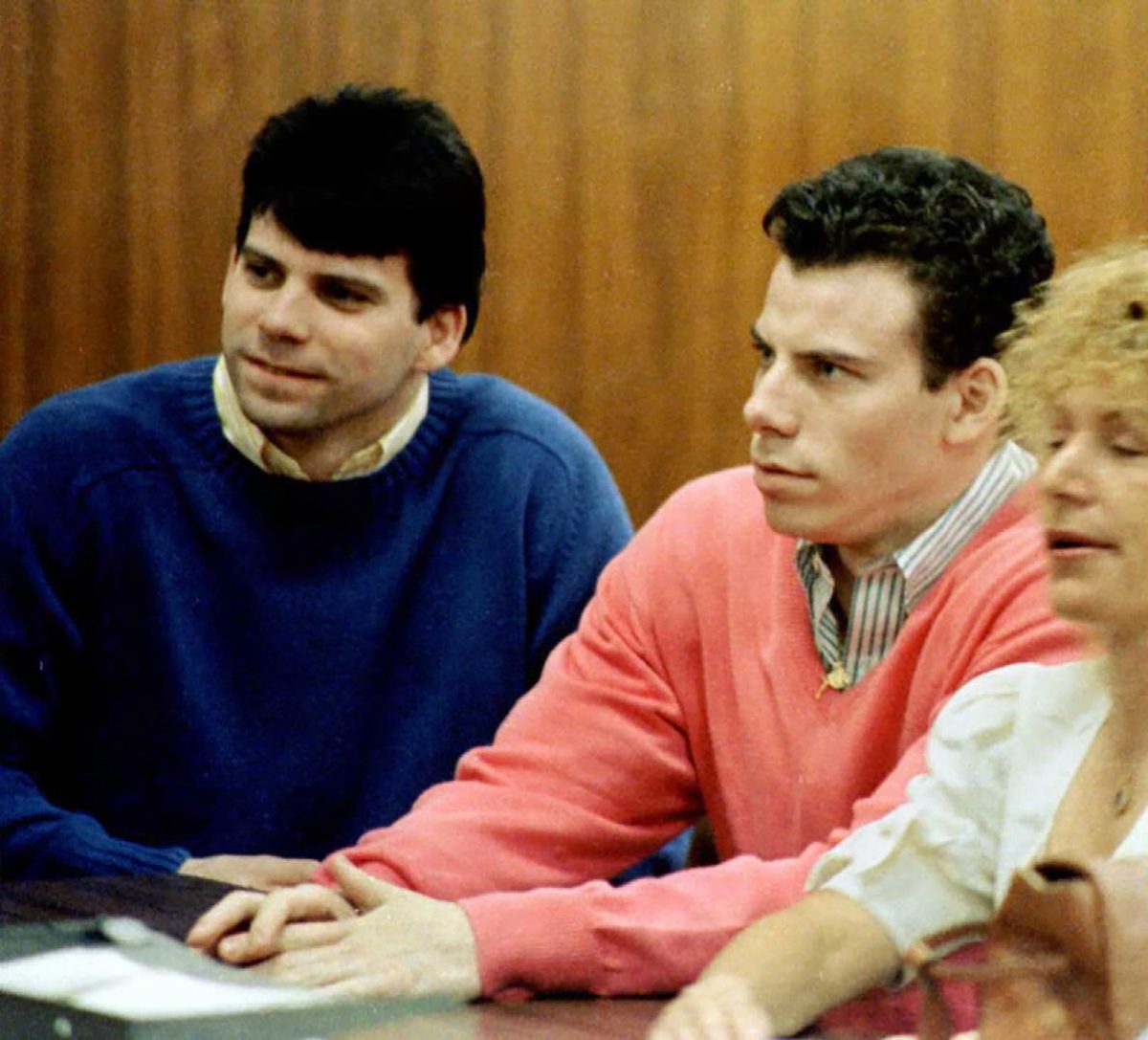Irish singer and songwriter Andrew Hozier-Byrne released his EP, “Unaired,” on Friday, Aug. 16. In it, Hozier, who debuted with his self-titled album in 2014, continues to push songwriting expectations to create his own unique sound of honest, raw and beautiful folk music. This EP came after his third album, “Unreal Unearth,” as an extension of songs that did not make the original release.
“Nobody’s Soldier,” the first track on the EP, proves Hozier’s superiority as an artist, as it shows listeners once again that he is unafraid to tackle complex ideas in his music. The song features a punchy and upbeat, yet haunting, backing track with a spirit of defiance.
This sentiment is directly reflected in the lyrics of “Nobody’s Soldier,” which speak of the loss of individuality as the common person’s work is serving the continuation of war. As the title of the song implies, it details an individual’s refusal to be a soldier that commits violence for the bureaucracy that rules over them.
The song also describes the feelings associated with war and violence with lyrics like, “Sick to my skin / Watching the news again,” reflecting the reality of modern warfare and the mental toll it takes on people. The music video also uses doll parts to represent the violence war causes and contrasts it with corporate words like prosperity, commodity and growth.
His political advocacy is not limited to his songs; he vocally advocates for his political beliefs during concerts as well. Before performing “Nobody’s Soldier” for the first time during the Lollapalooza concert on Thursday, Aug. 1, he gave a short speech about civil rights and called for a ceasefire in Gaza.
Ever since Hozier’s debut, he has used political themes in his work, such as describing the persecution of homosexuals by the Catholic Church in his Grammy-nominated song “Take Me to Church.”
“Nobody’s Soldier” is an anti-war message and it even feels reminiscent of another one of Hozier’s songs, “Eat Your Young,” since both speak about war with opposing viewpoints. “Eat Your Young” was written from the disconnected perspective of people commodifying and profiting off of war, and “Nobody’s Soldier” focuses on the individuals within a society made to contribute to wars against their will.
Hozier’s songwriting and visuals show how he is daring to consider complex political topics in his music, once again pushing the potential of the medium of songwriting. This, combined with his musical folk artistry, creates one-of-a-kind musical pieces full of the honesty that many artists strive for but fail to achieve.
“July,” the second song on the EP, captures the feelings and effects of isolation as it was written during the COVID-19 lockdown. The song features a gentle piano and jazz melody.
In an interview, Hozier spoke about how the Irish government promised the lockdowns would end in July. The soft and ethereal tunes in “July” speak of the light at the end of the tunnel, the hope people hold onto during difficult times and the longing of the promise of summer and new things.
Hozier creates the feeling of tender and true hope in this song, making it satisfying; it is both a memory and reflection of a previous time. This is a topic that many have avoided thinking about due to the negative emotions associated with it. Some prefer to forget this long period in their lives. However, Hozier expertly reflects on and writes about loneliness in his music.
The last song on the EP, “That You Are,” is a hand-in-hand collaboration between Hozier and Syrian-American singer Bedouine. The song describes love as an unbreakable devotion, similar to his other works such as “Work Song.” This previous song contains the lyrics, “Lay me gently in the cold, dark earth / No grave can hold my body down / I’ll crawl home to her.”
“That You Are” is a somber and serene tune of devotion between two lovers. The melody of this song echoes the safety and journeys found in love. Hozier sings about the contrast of the ordinary world to his lover. The repeated lines “That I’d be / Anywhere that you are” emphasize the attachment of the lovers to each other.
Bedouine’s lines of, “Maybe I have yet to venture out / See the places that I hear about… Leave the door ajar” emphasize the desire to see what the world has to offer beyond a lover and the need to let go and stand as a person on your own and fulfill your potential.
The complex way Hozier sings about affection is unique, outlining the deep need for the person you love, whilst also outlining the problems to be found in a relationship with that person. This is seen when he describes being with a deceptive person who is too different to be in a romantic relationship with in the song “Too Sweet.” He is comfortable speaking about the nuances of loving another person, rather than only the surface-level idea of being attracted to someone, setting him apart from many other artists.
The 11-minute EP showcases Hozier’s talent to create a diverse range of music in only three songs, full of meaning and aching with emotion. It is an unbroken continuation of the music he has released, while also speaking about new events and employing new forms of lyricism.

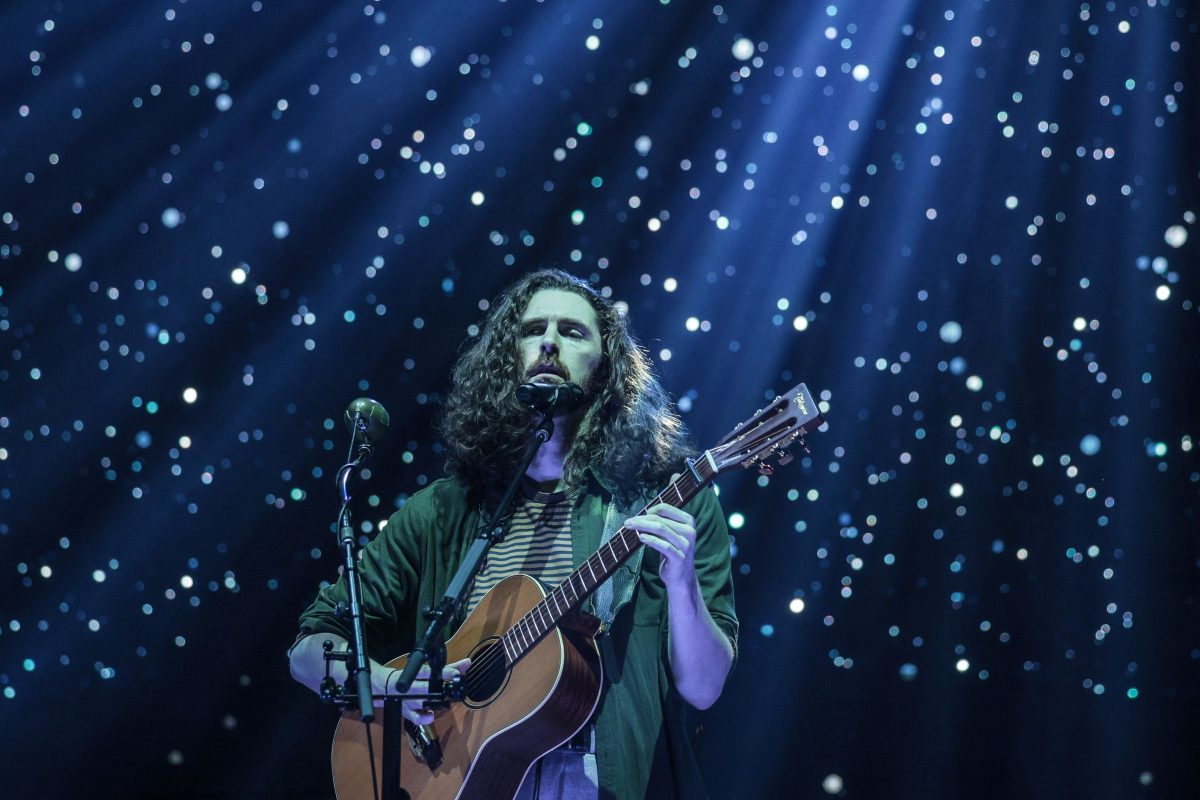

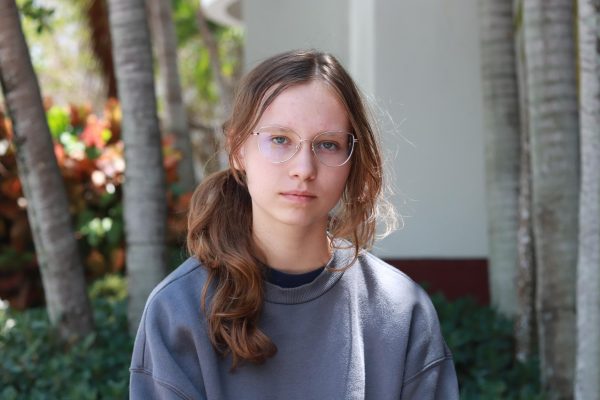




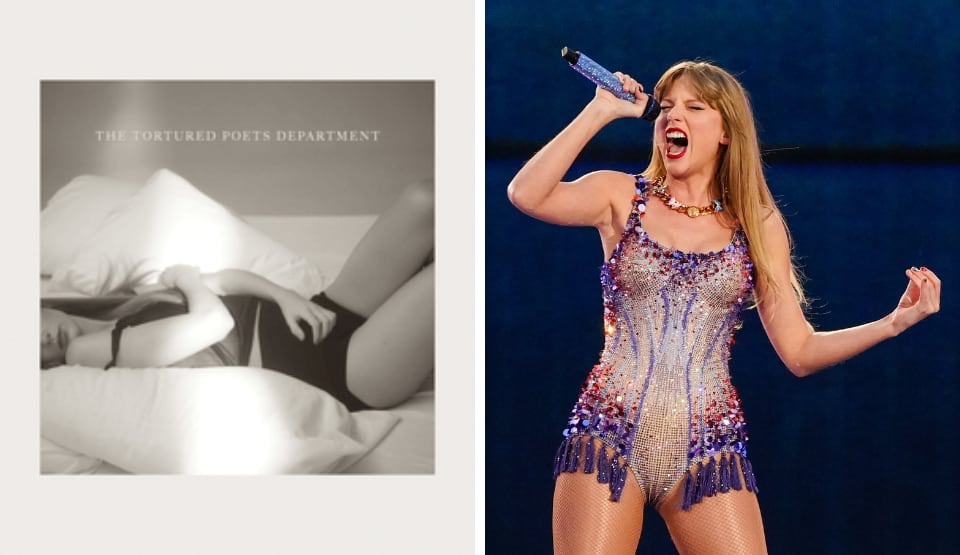

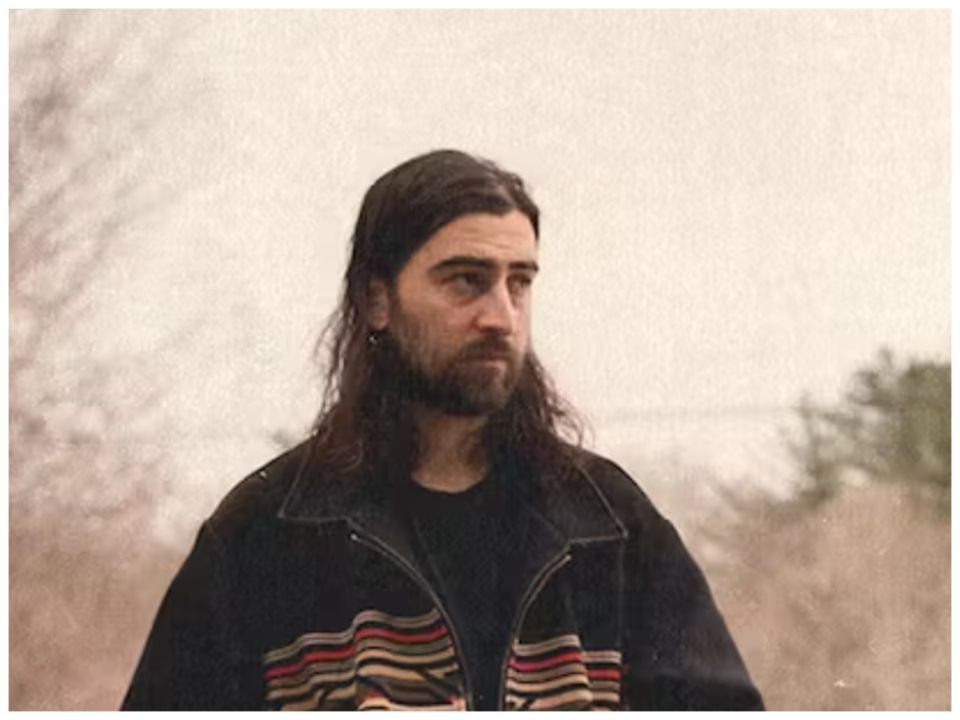
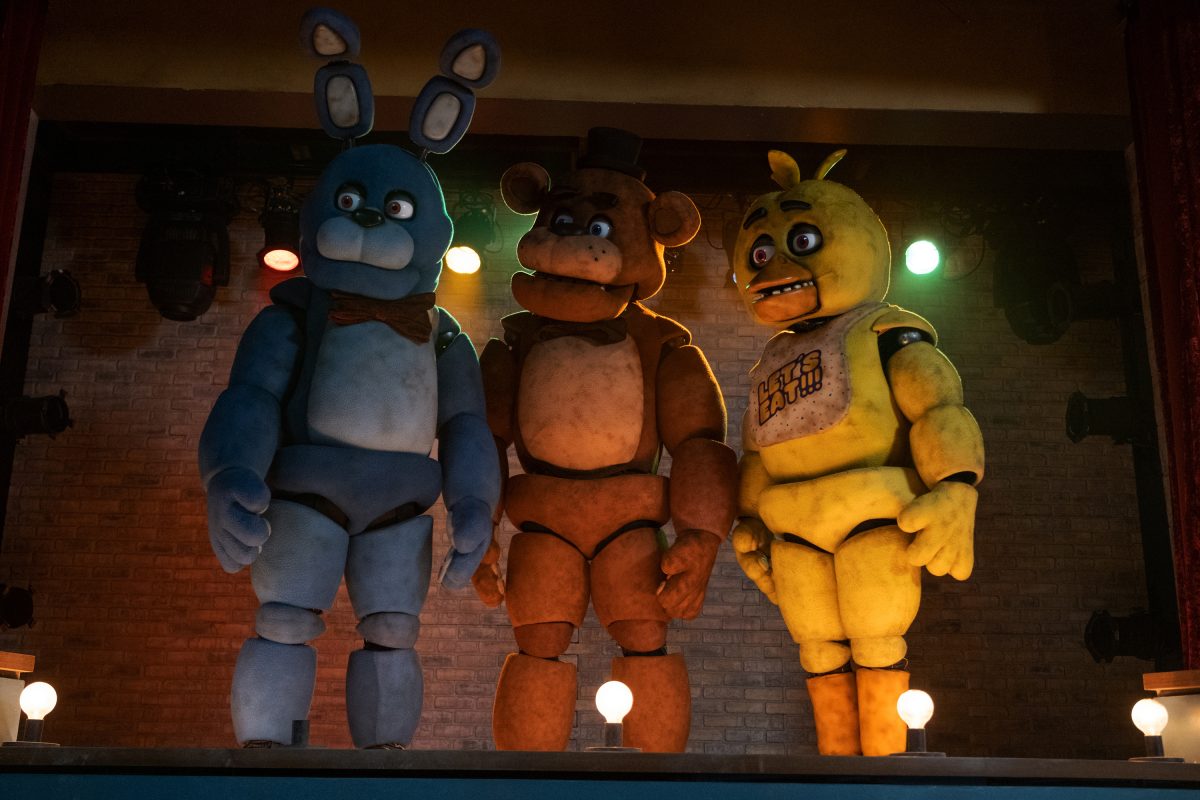
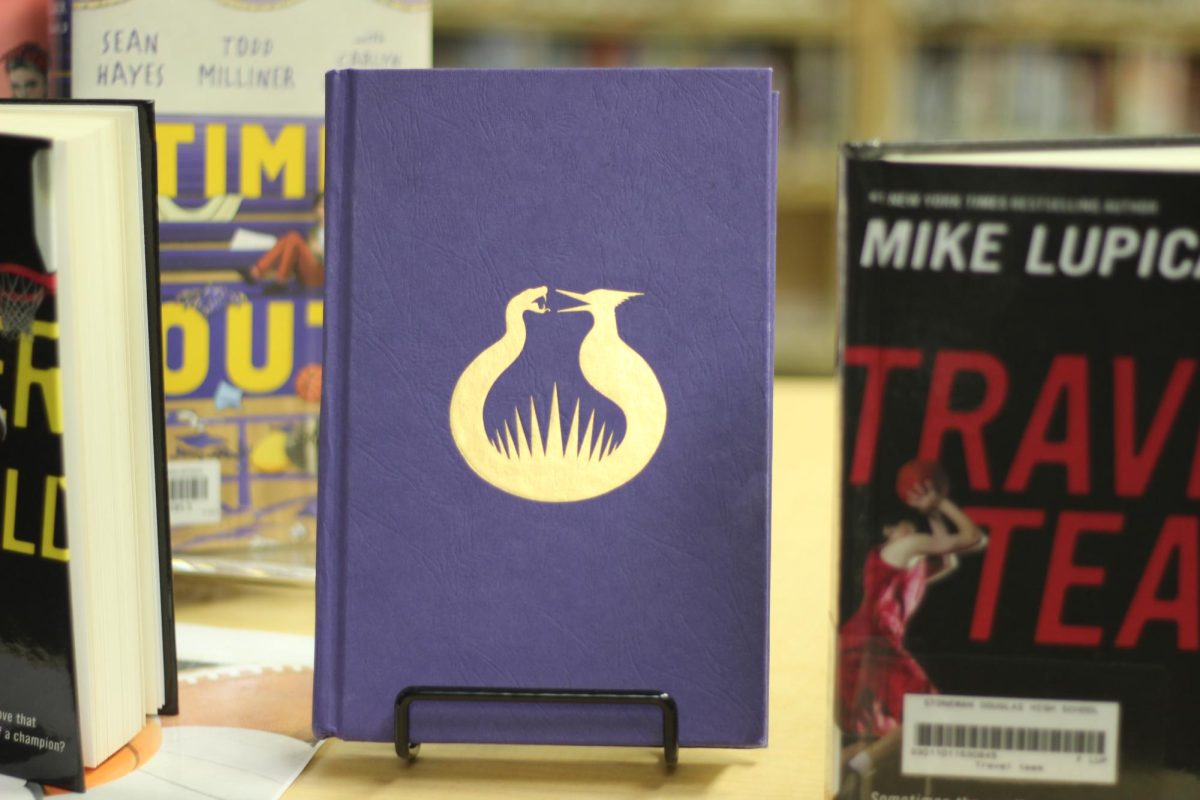





![[Review] ‘The Inheritance Games’ series warms readers’ hearts](https://eagleeye.news/wp-content/uploads/2025/01/Screen-Shot-2025-01-08-at-8.37.08-AM.png)

